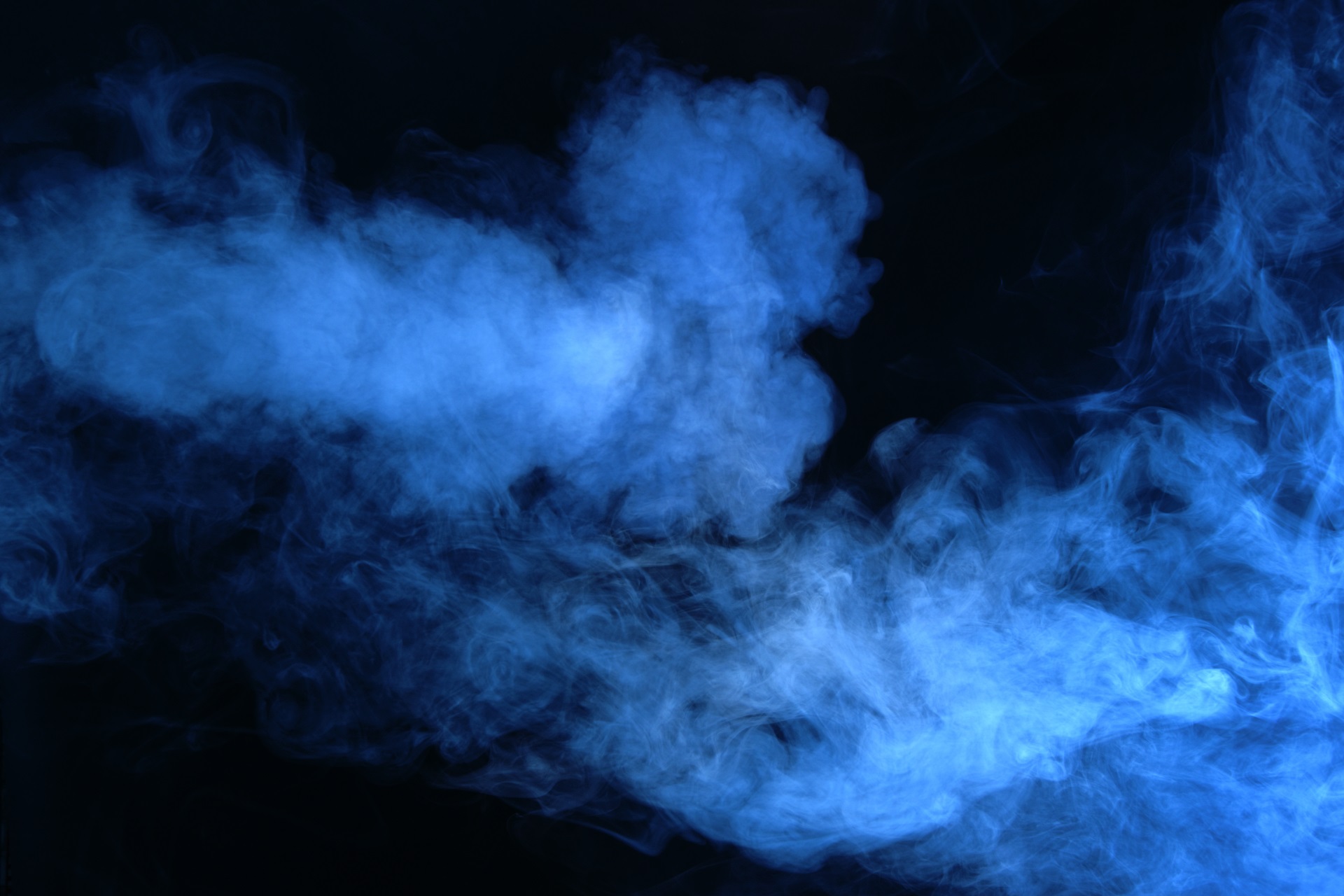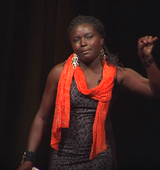Anger has been a difficult emotion for me to deal with.
I’ve tried a lot of different ways to deal with my anger, with all kinds of results, but here I want to offer a few nuggets of knowledge that I’ve learned the hard way by recounting two stories: one with negative consequences, and one with positive.
Anger is an emotion I’ve had as far back as I can remember, yet, like most of us, I’d been taught to banish it from my mind. This lesson has wreaked havoc on my life—it jeopardized my career, ruined my relationships, damaged my self-esteem—and at one point even landed me in jail.
At one of my lower points in my early-20s, I was an Airman in the Air Force with an anger problem—and one way I dealt with my emotions was street racing.
The rush of being on the edge of danger proved an effective way to escape the painful feelings and chaotic thoughts that lie in the depths of my consciousness.
Eventually, I was caught and arrested, clocked at over 100mph in a 35mph zone.
I was lucky I didn’t kill myself or the other drivers on the road. I spent the night in jail, and, in the end, I was charged with a felony, my security clearance was downgraded, and I was cross-trained into a different career field.
On the other hand, at one of my higher points, my proper handling of anger enabled me to uncover the painful memories and feelings from my childhood that were at the root of my negative emotions, and to regain a sense of justice in the world.
A few years after I was arrested, I had fallen in love and started a family. Unfortunately, on my wedding day, I was triggered by an unfortunate event, and I found myself in the terrible grips of PTSD for the first time.
I felt as if I had been transported back to the time I was a young boy in a broken home.
You see, I was the victim of physical and emotional abuse for over a decade, which instilled in me deep-seated emotional struggles, and I didn’t develop the knowledge and skills to deal with it for many years.
For many months after I developed PTSD, my mind was consumed with rage.
But this time, I didn’t go back to street racing. I didn’t fall prey to addiction, as many people with PTSD often do. Instead, I began a mental health journey that turned my life around for the better. Even though I was still consumed by my temper, I focused my efforts on uncovering its causes, facing my demons, and learning new coping mechanisms to help me deal with my anger in healthier ways.
Here are a few lessons I learned that I hope will help you:
- Anger is a healthy response to perceived injustice. It’s an emotion we feel when we believe something unfair has occurred. The world is rife with injustice, and if we are to defend the good and fight evil, we need to have a strong relationship with our emotional signals. Learning to accept our anger allows us to build a strong sense of justice in the world.
- Anger doesn’t have to be a force of destruction. I used to associate anger with bad behavior: You get angry, and then you hit something, or say something you don’t mean, or momentarily lose control of yourself. But anger can also motivate you to dig deeper into yourself to bring about a more just world. It can drive you to make things right.
- Anger isn’t always explosive. My anger used to come in intense episodes, followed by depressing lows. But when I learned that my anger is a healthy response to injustice, I learned to pay it more attention and take it seriously. The more I engaged with anger and tried to understand it, the less explosive my expression became.
- Anger cannot and should not be suppressed. This is the big one: Anger can’t be shoved down or stamped out—not for long, at least. Suppressed anger will ooze its way through your pores and seep into your life. If you try to fight your emotions, it will be a painful fight, and you’ll lose in the long run. Engage your anger, try to understand it, learn to express it appropriately, and over time you’ll diminish the desire to suppress it.
Thanks to these insights, I’m much better off today than I was just a few short years ago. Anger is still a permanent part of my life—but a healthy one. I’m still learning new skills to use it as a force for good, and I’m sure I’ll continue learning for the rest of my life. I hope the same for you!


